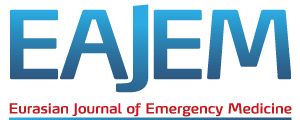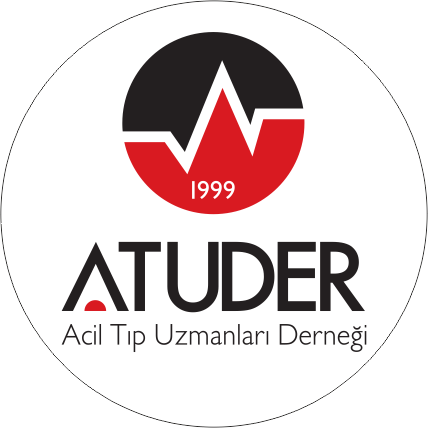ABSTRACT
In corrosive esophageal burns the most important issue after the acute stage for both patient and doctor is the prevention of stricture formation. In this study, we tested the therapeutic effect of L-arginine on the occurrence of corrosive esophageal burns in a rat model.
Sixty rats were diveided into six groups with ten rats in each group. The first three groups were observed for 48 hours, and the last three groups for 28 days. The rats in Groups I and IV were exposed to neither the corrosive substance nor treatment. The corrosive esophageal burns were induced in the rats in Groups II, III, V and VI by using %10 NaOH solution. Groups II and V were not treated, whereas Groups III and VI were given 250mg/kg of L-arginine once a day, the first dose being administered 30 minutes after the corrosive burn was induced. Treatment in Group III was administered twice, whereas treament in Group VI treatment was given every day for a week. At the end of the study, after the animals were sacrificed, all animals had the distal 1.5 cm of esophagus removed and histopathologically studied. The oedema and inflammation in the L-arginine groups were healed, as visualized under the microscope, by the end of 48 hours. At 28 days, the L-arginine group had significantly less collagen increase in the submucosa. L-arginine has a beneficial therapeutic effect on corrosive esophageal burns.



